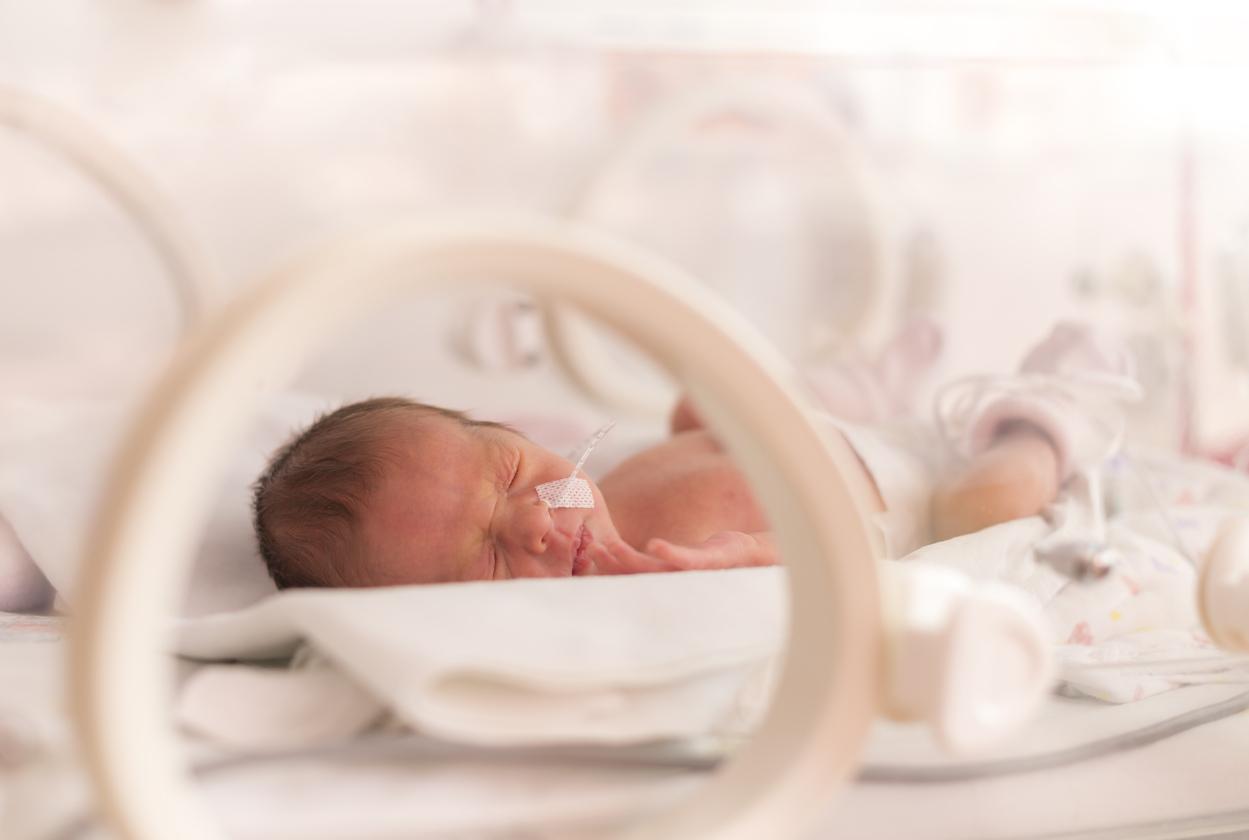The risk of dying from cancer increases if patients choose alternative medicines without traditional treatments.

Medicinal plants, yoga, naturopathy, acunpunture … If alternative medicines have been proven in many areas. But they do not increase the chances of surviving cancer without resorting to traditional treatments. These are the results of a new study conducted by Yale University and published in The Journal of The National Cancer Institute.
5 times more risk for breast cancer
The study was carried out on 560 cancer patients treated with standard treatments, such as chemotherapy or radiotherapy. The researchers compared this group with another composed of 280 patients – without metastasis – who preferred to turn to alternative medicine. At the end of the experiment, the doctors identified an increased risk of death in those who opted only for the alternative methods.
These risks relate to three types of cancer. Breast cancer has the highest risk of death rate, with 5.68 more chances of not surviving only by using alternative methods. This is followed by colon cancer and lung cancer, where the risk of dying is quadrupled and doubled, respectively.
A third of the pro-alternative medicine patients with colorectal cancer were alive five years after the diagnosis against 79% of those treated conventionally, according to the study.
The authors of this work, however, did not observe a significant difference for prostate cancer (86.2% survival in pros-alternative medicines against 91.5% in those who opt for traditional treatment).
According to the study’s lead author, Skyler Jonhson, these findings are due to the fact that prostate cancer “usually grows very slowly at first and over many years.” In addition, the researcher does not rule out overdiagnosis.
“Underestimated” results
On average, the risk of cancer-related death would therefore be multiplied by 2.5 on average, depending on the type of cancer, the researchers conclude. But according to Professor Johnson, these results would be underestimated, if we take into account the profiles of the patients who participated in the study. “We do not know the exact number of people who decide to resort to alternative medicine instead of conventional cancer treatment,” admits the scientist, who noted a reluctance on the part of some patients to confide in the nature of the treatments to which they resort.
Not to mention, he told theFrance Media Agency, that some patients began by treating themselves with alternative methods before turning to conventional treatments to prevent the disease from progressing. If the latter had stuck to alternative medicine, the risk of death could therefore have been even greater. The researchers also indicate that the patients in the pro-alternative medicine group were young, in good health, and had a better level of education and income than those in the other group.
Physical activity increases the chances
While the study warns of the dangers of using only alternative medicine methods, that does not mean that they are ineffective. Far from it, since many studies have shown that when alternative medicines are combined with chemotherapy sessions, they can considerably increase the chances of survival.
This is especially true for the practice of regular physical activity. Indeed, according to a study published in May 2016 in the journal JAMA Internal Medicine, being active for at least 150 minutes per week (or just under 3 hours) would decrease the risk of developing 13 different cancers, including colon cancer and breast cancer.
No wonder then that doctors advise patients to play sports (in addition to the traditional treatments they already receive) to increase their chances of recovery.
In France, the Cami Sport et Cancer association offers a whole range of specific programs adapted to people with cancer, depending on their disease, treatment and pain. And patients subscribe, since according to the Cancer barometer of the Institut Curie, 3 out of 4 French people believe that conventional medical treatments to cure cancer must be accompanied by complementary care… including sport.
.

















